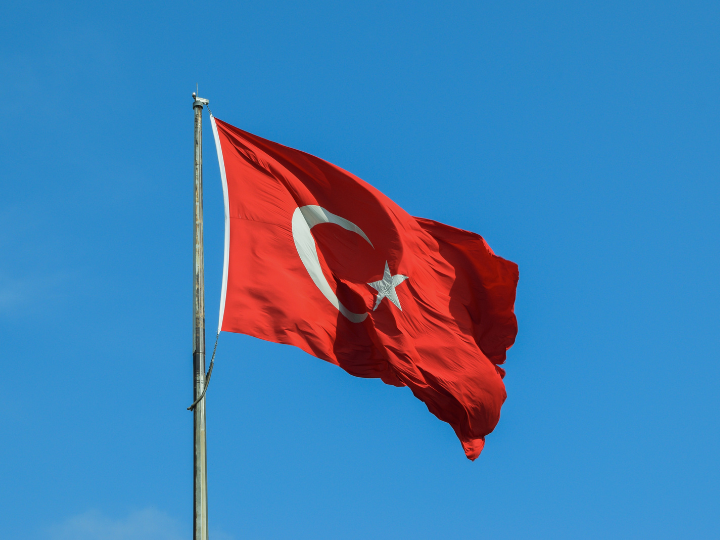by Sarantis Michalopoulos
Greece and Turkey signed a series of documents on Thursday confirming their mutual will to turn the page in their troubled relations and focus on the positive agenda.
Diplomatic circles in Athens interpreted Turkish President Recep Tayyip Erdogan’s new moderate stance as an attempt to re-approach the West following recent disagreements on key foreign issues such as Russia’s war in Ukraine and the Israel-Hamas war.
In recent years, relations between Greece and Turkey have not been easy and often topped the EU agenda following pressure from Athens.
Ankara questioned the sovereignty of Greek islands in the Aegean Sea, and government officials even threatened with war “at night”. In May 2022, Erdogan said Greek Prime Minister Kyriakos Mitsotakis “did not exist” for him.
In several conclusions of EU high-level meetings, EU leaders warned Turkey – whose EU accession talks have been frozen – to de-escalate and return to dialogue.
But the turmoil de-escalated drastically last summer after Erdogan and Mitsotakis triumphed in their national elections, which almost coincided.
Taking advantage of their safe government majority, the two countries are now eyeing a rapprochement to turn the page and end endless defence spending which makes a significant dent in their budgets.
On Thursday, Erdogan visited Athens and signed together with Mitsotakis a landmark “Declaration of Friendship and Good Neighbourhood”.
According to the agreement, the two sides shall endeavour to settle any dispute arising between them amicably, by direct consultation or by other means of mutual choice, as provided for in the Charter of the United Nations.
A number of other agreements – such as issuing express visas to Turkish citizens for seven days to visit 10 Greek islands – were signed, all belonging to the so-called “soft politics” agenda.
The hardcore politics will be left for discussion at a later stage, depending on the progress of yesterday’s agreements.
Particularly, critics in Athens suggest that yesterday’s deals will be the foundation of an upcoming dialogue to tackle sensitive political issues such as the delimitation of the continental shelf and Exclusive Economic Zone in the Aegean and the Eastern Mediterranean – the two issues Athens recognises as only “pending” between the two countries.
For its part, Turkey wants to put other issues on the agenda, such as the demilitarisation of Greek islands neighbouring coastal Turkey and a Muslim minority in northeastern Greece, which Turkey brands as “Turkish”.
Erdogan showed another face
Greek media quoted diplomatic circles as saying it’s not a coincidence that the Turkish president showed a completely different face at Thursday’s meetings.
The diplomatic circles estimated that through Greece, Erdogan wanted to send a message to Europe and beyond that, Turkey now adopts a more moderate attitude.
The EU expects the countries in negotiations to join the bloc to fully align with its foreign policy choices, which is not the case for Turkey.
Turkey has not joined Europe’s sanctions against Russia following the latter’s aggression against Ukraine.
Moreover, Ankara kept its distance from the EU line in the Israel-Hamas war, with Erdogan saying that Hamas is not a terrorist organisation.
In late November, during a joint press conference with German Chancellor Olaf Scholz, Erdogan escalated, claiming that Germany can’t criticise Israel because of the Holocaust.
“I speak freely because we do not owe Israel anything”, Erdogan said.
However, EU countries see Turkey as a key player in the region, especially regarding migration.
Turkey has been hosting for years millions of refugees from Syria and gets EU financial support, keeping a severe headache away from EU capitals.
*first published in: Euractiv.com




 By: N. Peter Kramer
By: N. Peter Kramer
